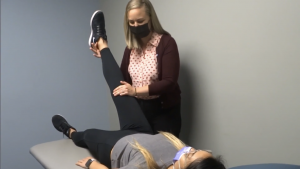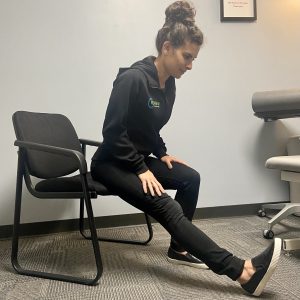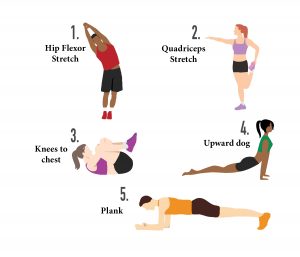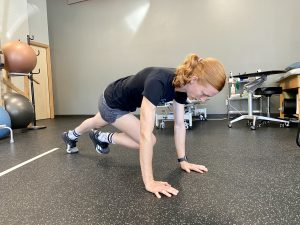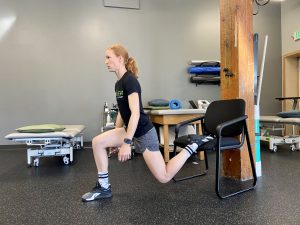To the 43 million Americans who have low bone density, putting them at high risk of osteoporosis, Seattle physical therapist Erik Norwood has an important message: exercise is good medicine. But not just any exercise – weight-bearing, muscle-strengthening exercise.
“As people get older, bone density certainly becomes an issue for many people, which can lead to unexpected falls, broken bones and even the onset of osteoporosis,” said Norwood, owner of Renew Physical Therapy. “But studies have proven that doing regular, weight-bearing exercise like jogging, walking, aerobics, dancing and resistance training can actually strengthen your bones. It’s a true ‘use it or lose it’ scenario.”
And while this benefit of strength training for older adults is a powerful one, it’s simply just one in a list of proven reasons why seniors should make strength training a part of their lifestyles and fitness regimens.
While a reduction in strength is often considered an inevitable part of getting older, Norwood says that people of all ages should feel empowered to take charge of their overall health (including strength training) as they age. Along with diet and regular check-ups with both a physician and a physical therapist, an exercise regimen that includes elements of strength and resistance training can help slow some of the effects of aging – this, while also allowing one to maintain a high quality of life through activity and independence.
According to Norwood, the many proven benefits of weight-bearing and resistance exercise include:
Rebuilding Muscle: People do lose muscle mass as they age, but much of this can be slowed and even reversed through strength and resistance exercise. And of course, a stronger body has a direct impact on issues related to balance, fall prevention and independence.
Reducing Fat: We also tend to more easily put on weight as we get older. Studies show, however, that while older adults gain muscle mass through strength training, they also experience a reduction in body fat.
Reducing Blood Pressure: Studies have also shown that strength training is a great (and natural) way to reduce one’s blood pressure, even for those who “can’t tolerate or don’t respond well to standard medications.”
Improving Cholesterol Levels: Strength training can actual help improve the level of HDL (“good”) cholesterol in the body by up to 21 percent, while also helping to reduce to levels of LDL (“bad”) cholesterol.
Strengthening Mental Health: This goes with all exercise, including strength training. Maintaining a high level of fitness can combat anxiety, depression, issues with stress, etc. Exercise is also great for memory!
“Whether walking, jogging, hiking, dancing, etc., we recommend 30 minutes of weight-bearing activity every day,” Norwood said. “It’s also necessary to set aside another two to three days of strength and resistance training each week, which can include free weights, weight machines, Pilates, yoga, and so on.”
Norwood adds that for the sake of both health and safety, a thorough strength, movement and balance assessment should precede any new exercise regimen, especially for older adults – assessments that physical therapists like those on the Renew Physical Therapy team are uniquely qualified to perform.
